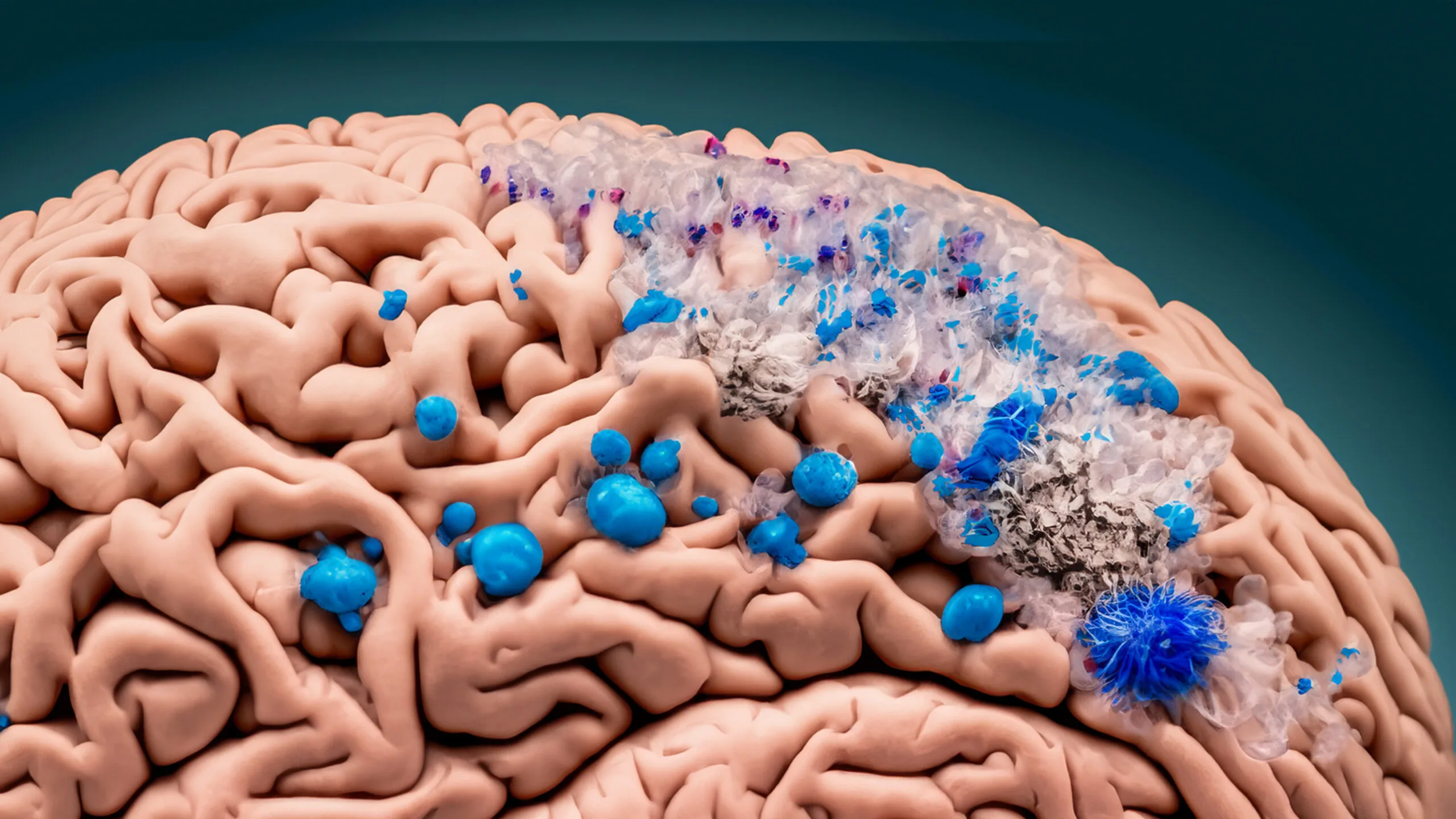"It's scary"- Scientists finding mounting evidence of plastic pollution in human organs
"It's scary"- Scientists finding mounting evidence of plastic pollution in human organs
https://www.thenewlede.org/2024/08/its-scary-scientists-finding-mounting-evidence-of-plastic-pollution-in-human-organs/
By Douglas Main A growing body of scientific evidence shows that microplastics are accumulating in critical human organs, including the brain, alarming findings that highlight a need for more urgent actions to rein in plastic pollution, researchers say. Different studies have detected tiny shards and specks of plastics in human lungs, placentas, reproductive organs, livers, kidneys, knee and elbow joints, blood vessels, and bone marrow. Given the research findings, “it is now imperative to declare a global emergency” to deal with plastic pollution, said Sedat Gündoğdu, who studies microplastics at Cukurova University in Turkey. Humans are exposed to microplastics – defined as fragments smaller than five millimeters in length – and the chemicals used to make plastics from widespread plastic pollution in air, water, and even food. The health hazards of microplastics within the human body are not yet well-known. Recent studies are just beginning to suggest these particles could increase the risk of various conditions such as oxidative stress, which can lead to cell damage and inflammation, as well as cardiovascular disease. Animal studies have also linked microplastics to fertility issues, various cancers, a disrupted endocrine and immune system, and impaired learning and memory. There are currently no governmental standards for plastic particles in food or water in the United States. The Environmental Protection Agency is working on crafting guidelines for measuring them, and has been giving out grants since 2018 to develop new ways to quickly detect and quantify them. Finding microplastics in more and more human organs “raises a lot of concerns,” given what we know about health effects in animals, studies of human cells in the lab, and emerging epidemiological studies, said Bethanie Carney Almroth, an ecotoxicologist at the University of Gothenburg in Sweden. “It’s scary, I’d say.”

Cross posted from: https://slrpnk.net/post/12562892